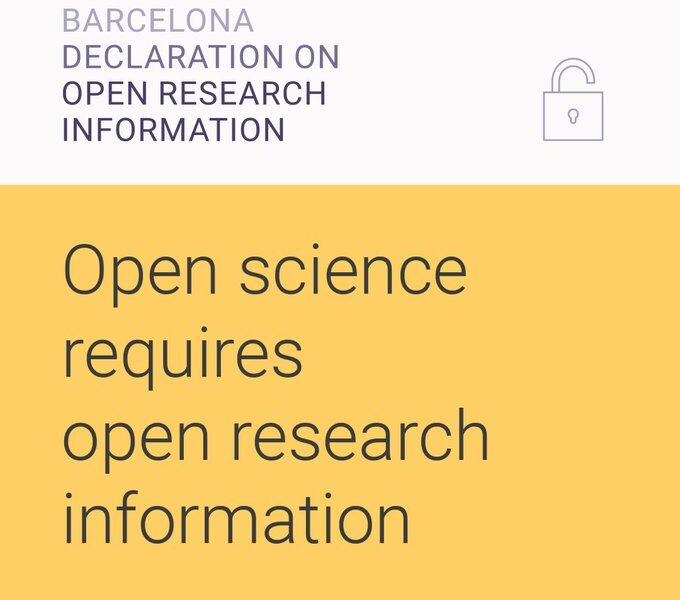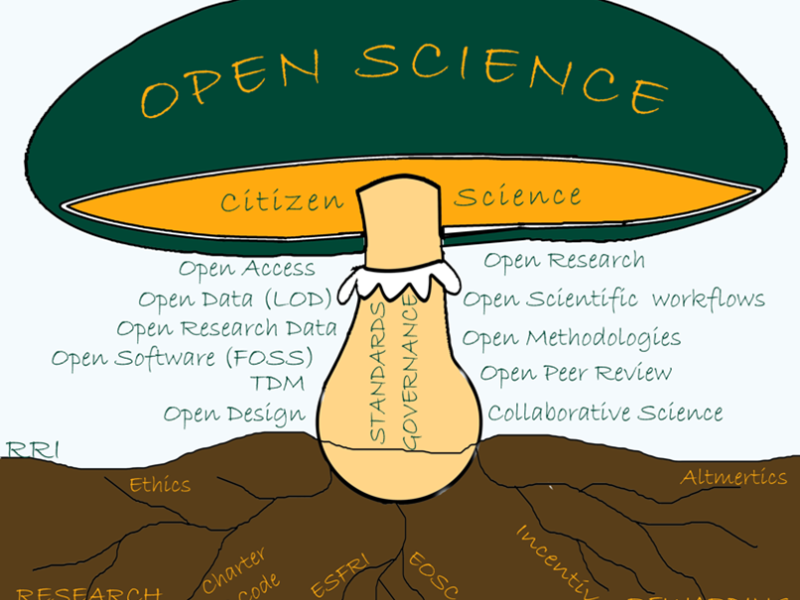Open Science Academic Freedom
Open Science Academic Freedom https://opusproject.eu/wp-content/uploads/2023/04/pexels-pixabay-60582.jpg 1 1 Open and Universal Science (OPUS) Project Open and Universal Science (OPUS) Project https://opusproject.eu/wp-content/uploads/2023/04/pexels-pixabay-60582.jpgAcademic freedom has long been a cornerstone of the scientific community. It allows researchers to explore new ideas and pursue innovative research without fear of censorship or reprisal. In the age of open science, this principle has taken on new significance, as researchers are increasingly expected to make their work freely available to the public.
Open science is a movement that seeks to make scientific research more transparent, collaborative, and accessible. It involves sharing research data, methods, and findings openly with the wider scientific community and the public. The aim of open science is to accelerate the pace of scientific discovery, increase the reproducibility of research, and promote public trust in science.
One of the key principles of open science is academic freedom. Open science allows researchers to share their work openly with the wider scientific community and the public, without fear of censorship or reprisal. This means that researchers can explore controversial or unpopular topics, publish negative results, and challenge established scientific theories without fear of retribution.
However, academic freedom in open science is not without its challenges. One of the biggest challenges is ensuring that researchers are able to maintain their intellectual property rights while also making their work freely available. Open science often requires researchers to share their data and methods openly, which can make it difficult to maintain their intellectual property rights. To address this challenge, many institutions are developing policies that balance the need for open access with the protection of intellectual property rights.
Another challenge is ensuring that researchers are able to maintain their academic freedom while also adhering to ethical standards. Open science requires researchers to share their work openly, which can make it difficult to maintain confidentiality and protect research subjects’ privacy. To address this challenge, many institutions are developing policies and guidelines that ensure that researchers are able to maintain their academic freedom while also adhering to ethical standards.
Despite these challenges, academic freedom remains an essential principle of open science. It allows researchers to explore new ideas and pursue innovative research without fear of censorship or reprisal. As the scientific community continues to embrace open science, it is essential that we continue to support and protect academic freedom, so that researchers can continue to make important contributions to our understanding of the world.
- Posted In:
- Open Science News




